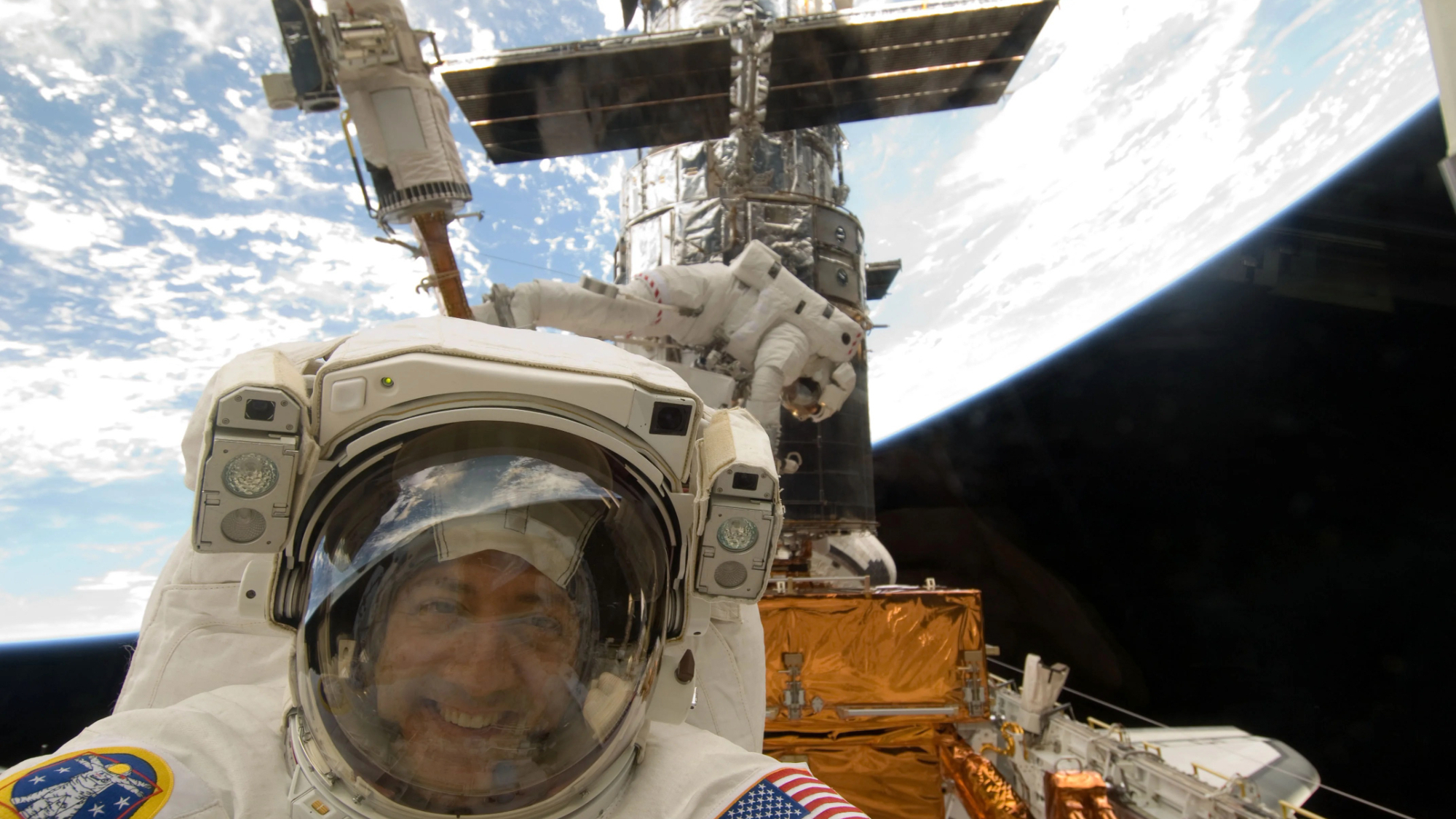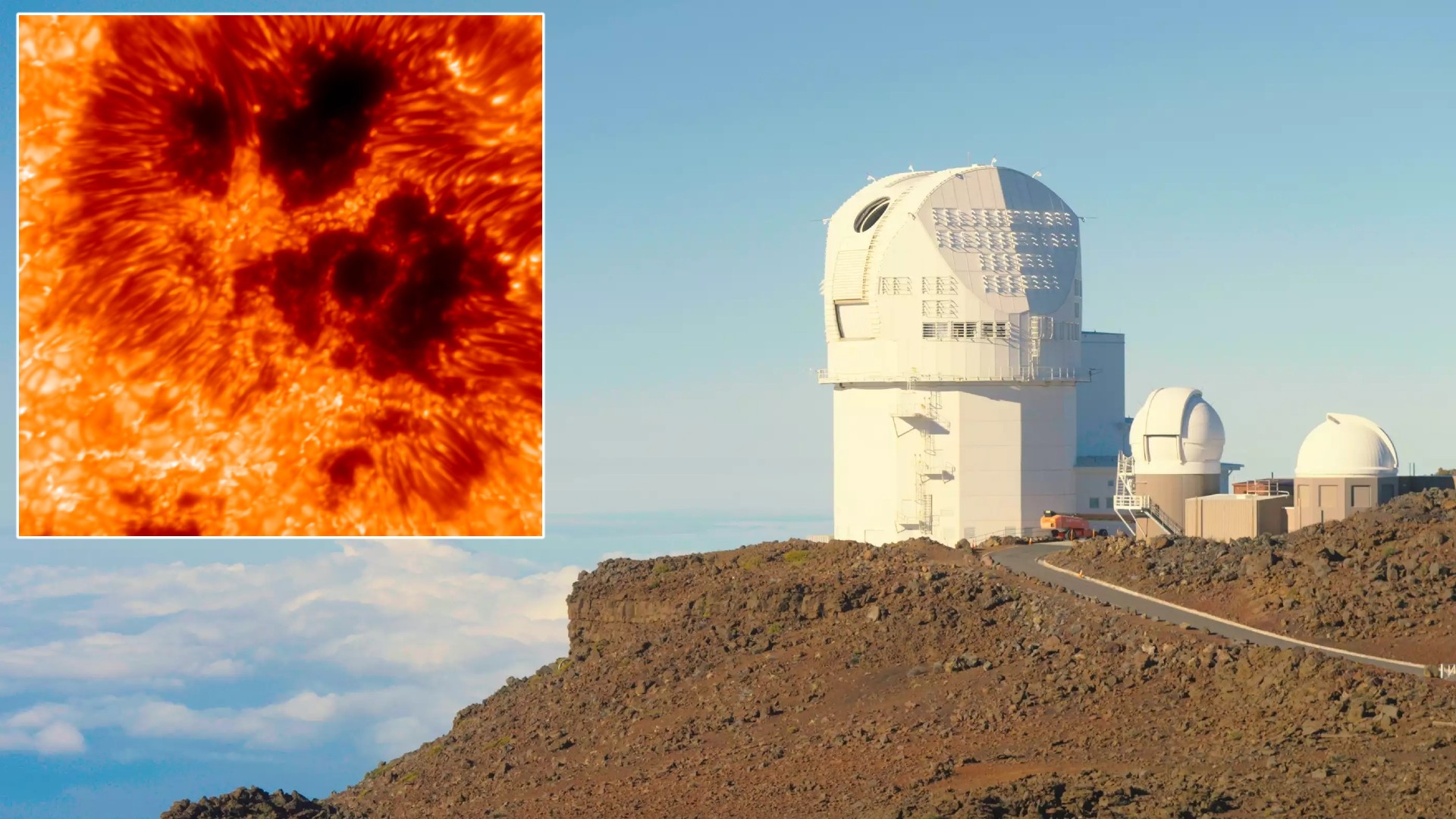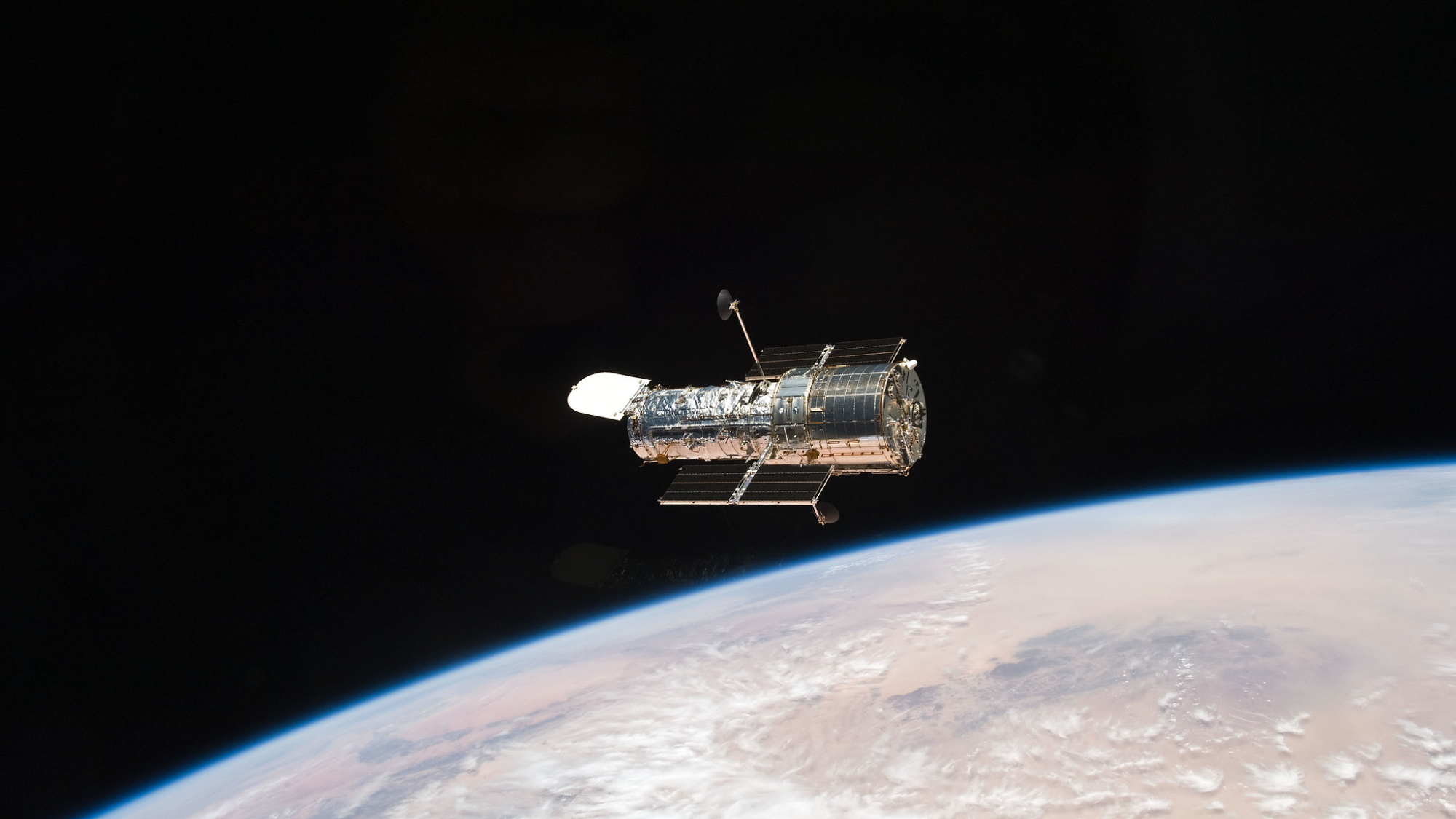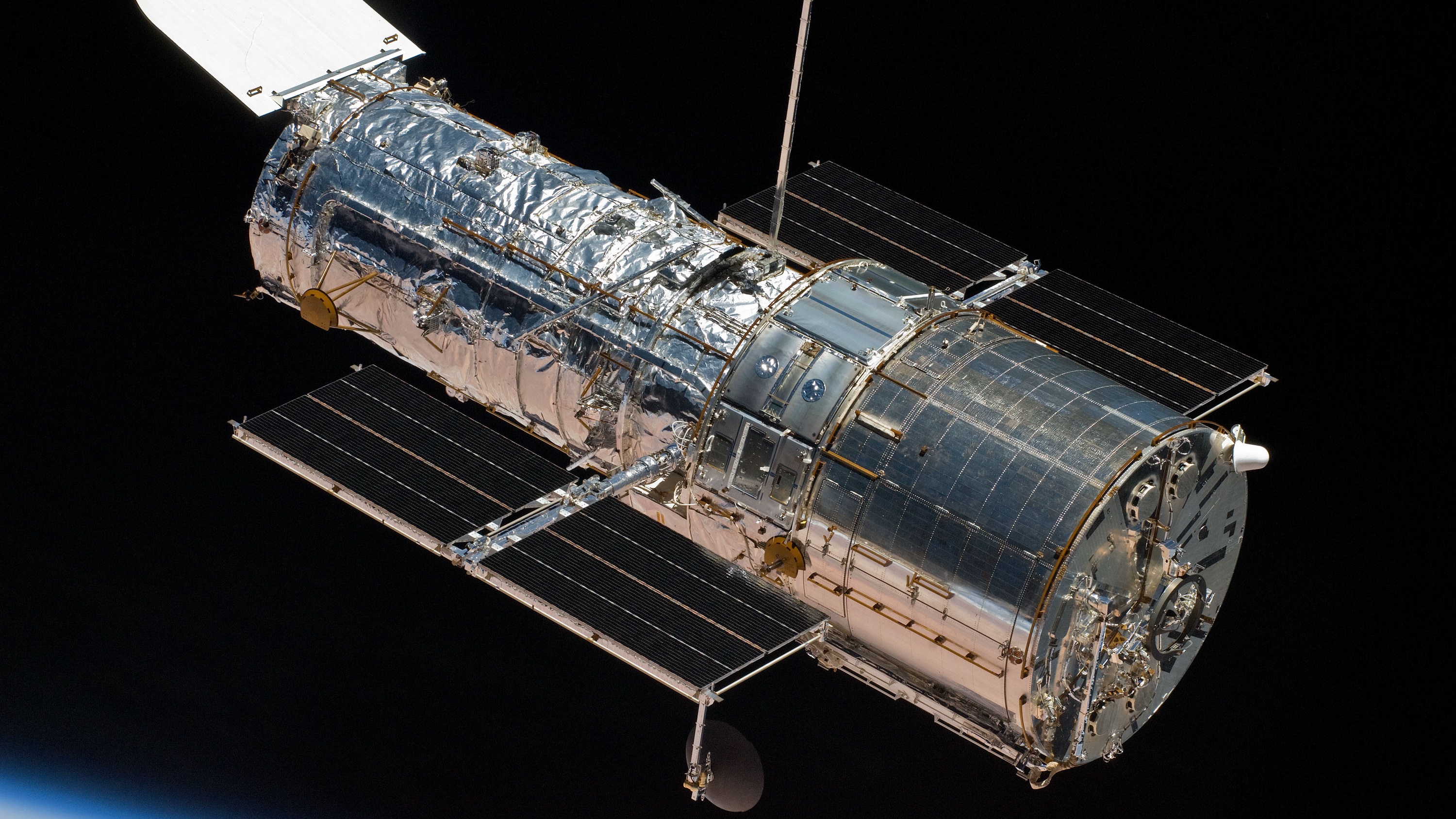Climate change is officially the leading threat to imperiled species in the United States
The time to act is now, scientists say.
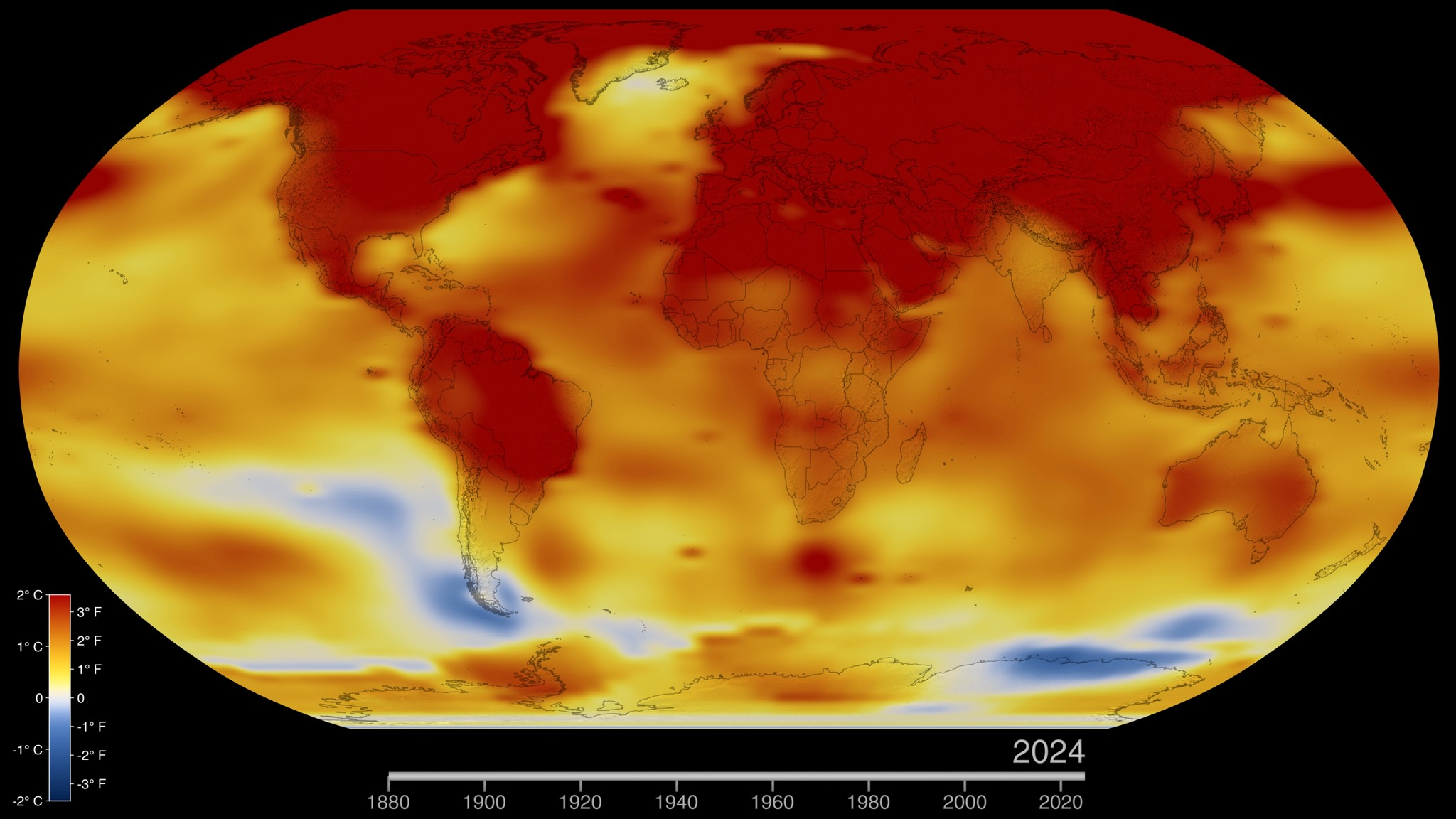
In a landmark shift, a new study has found that climate change is now the most pervasive human-caused threat to imperiled species in the United States, surpassing other long-standing hazards like habitat loss, pollution and invasive species for the first time.
The research, led by Talia E. Niederman and colleagues affiliated with the nonprofit conservation organization Defenders of Wildlife, analyzed 2,766 species across the U.S. and its territories listed as imperiled by the Endangered Species Act (ESA).
The team identified five main human-caused threats to these species based on ESA listings, International Union for Conservation of Nature assessments, and other climate sensitivity assessments. These threats are climate change, land and sea use change, species overexploitation, pollution and invasive species.
While these threats often overlap — 86% of the ESA-listed species face more than one — climate change has emerged as the most far-reaching, affecting a whopping 91% of the species. This marks the first time that climate change has surpassed the other threats, according to the study team.
Related: Climate change: Causes and effects
Scientists overwhelmingly agree that today's global warming trend is human-caused, thanks to our emissions of greenhouse gases like carbon dioxide and methane into the atmosphere.
"In its Sixth Assessment Report, the Intergovernmental Panel on Climate Change, composed of scientific experts from countries all over the world, concluded that it is unequivocal that the increase of CO2, methane and nitrous oxide in the atmosphere over the industrial era is the result of human activities and that human influence is the principal driver of many changes observed across the atmosphere, ocean, cryosphere and biosphere," NASA officials wrote in a climate change explainer.
Get the Space.com Newsletter
Breaking space news, the latest updates on rocket launches, skywatching events and more!
These environmental changes alter ecosystems at a pace that outstrips many species' ability to adapt, particularly for such groups as corals, bivalves and amphibians; the new study found that these species are especially impacted in the U.S.
The study’s authors urge authorities to "explicitly [include] climate sensitivity in ESA listing decisions and management plans" to ensure that conservation efforts account for the realities of a warming world.
"We need no further research to know that biodiversity is facing multiple persistent threats," the researchers wrote in the new paper, which was published today (April 24) in the journal BioScience. "Addressing the five drivers of biodiversity loss promptly across all affected taxa will be critical to preventing further extinction."
Join our Space Forums to keep talking space on the latest missions, night sky and more! And if you have a news tip, correction or comment, let us know at: community@space.com.

Space.com contributing writer Stefanie Waldek is a self-taught space nerd and aviation geek who is passionate about all things spaceflight and astronomy. With a background in travel and design journalism, as well as a Bachelor of Arts degree from New York University, she specializes in the budding space tourism industry and Earth-based astrotourism. In her free time, you can find her watching rocket launches or looking up at the stars, wondering what is out there. Learn more about her work at www.stefaniewaldek.com.
You must confirm your public display name before commenting
Please logout and then login again, you will then be prompted to enter your display name.
